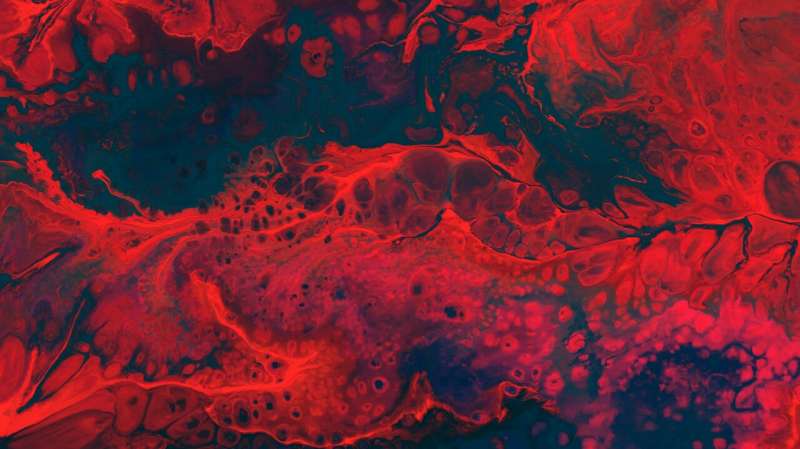The Immediate and Long-Term Health Benefits of Quitting Alcohol: A Timeline of Recovery

Discover the timeline of health improvements after quitting alcohol, from immediate benefits like better sleep and hydration to long-term reductions in chronic disease risks. Every alcohol-free day counts for your well-being.
Reducing or eliminating alcohol consumption can lead to significant health improvements, starting almost immediately and lasting for years. Alcohol's negative effects span from short-term issues like dehydration, disrupted sleep, and mood swings to long-term risks including cancer, liver disease, and cardiovascular problems. Fortunately, stepping away from alcohol yields quick wins and long-term gains, which can be visualized through a detailed timeline based on scientific research.
Within the First Day:
Alcohol clears your system in about 24 hours, leading to immediate benefits such as reduced dehydration, improved digestion, better brain function, and stabilized blood sugar levels. You might initially experience withdrawal symptoms like disrupted sleep or mood changes, but these typically resolve within a week.
After One Week:
Sleep quality improves as alcohol's disruption of sleep cycles diminishes. Liver health begins to recover, especially in mild cases of damage, reducing fat levels and tissue scarring. Brain health also benefits, with cognitive functions improving even among heavy drinkers.
One Month of Abstinence:
Mental health symptoms such as anxiety and depression often lessen, leading to better mood and increased energy. Physical improvements include weight loss, clearer skin, and reduced gut irritation. Blood pressure and insulin resistance decrease, reducing the risk of chronic diseases like heart disease and certain cancers.
Six Months or More:
Liver tissue repair accelerates, potentially reversing damage for moderate drinkers. Overall health improves, with enhanced immune function and reduced infection risk.
After One Year or Longer:
Long-term abstinence significantly lowers the risk of chronic illnesses including heart disease, strokes, diabetes, and various cancers. Blood pressure stabilizes at healthier levels, and the risk of disease-related death decreases markedly. Even light drinkers who cut back see a reduced risk of alcohol-related cancers.
Making changes to alcohol consumption, whether reducing or quitting entirely, offers numerous immediate and lasting health benefits. Strategies such as setting clear goals, tracking progress, and seeking support can facilitate success. Every day without alcohol contributes to your overall well-being and longevity, making it a worthwhile pursuit for healthier living.
Stay Updated with Mia's Feed
Get the latest health & wellness insights delivered straight to your inbox.
Related Articles
Limited Recommendations for Routine Vaccinations During Pregnancy in the U.S.
A recent survey shows that less than half of Americans support recommending routine vaccines, like flu, Tdap, and RSV, during pregnancy, amid ongoing debates over COVID-19 vaccination guidance for pregnant women.
Implementing Low-Calorie Days Weekly May Support Weight Loss and Blood Sugar Management in Diabetes
Discover how implementing low-calorie days weekly, such as the 5:2 diet, can aid in weight loss and improve blood sugar control for people with type 2 diabetes. Learn about effective strategies and expert insights.
Significant Variations in Complementary and Alternative Medicine Use Across European Countries
A comprehensive European study uncovers significant differences in the use of complementary and alternative medicine across countries, revealing evolving health and wellness behaviors.
COVID-19 Infection Accelerates Blood Vessel Aging, Particularly in Women, Study Finds
New research shows COVID-19 infection accelerates blood vessel aging, especially in women, increasing cardiovascular risks. Learn about the study's findings and prevention strategies.



